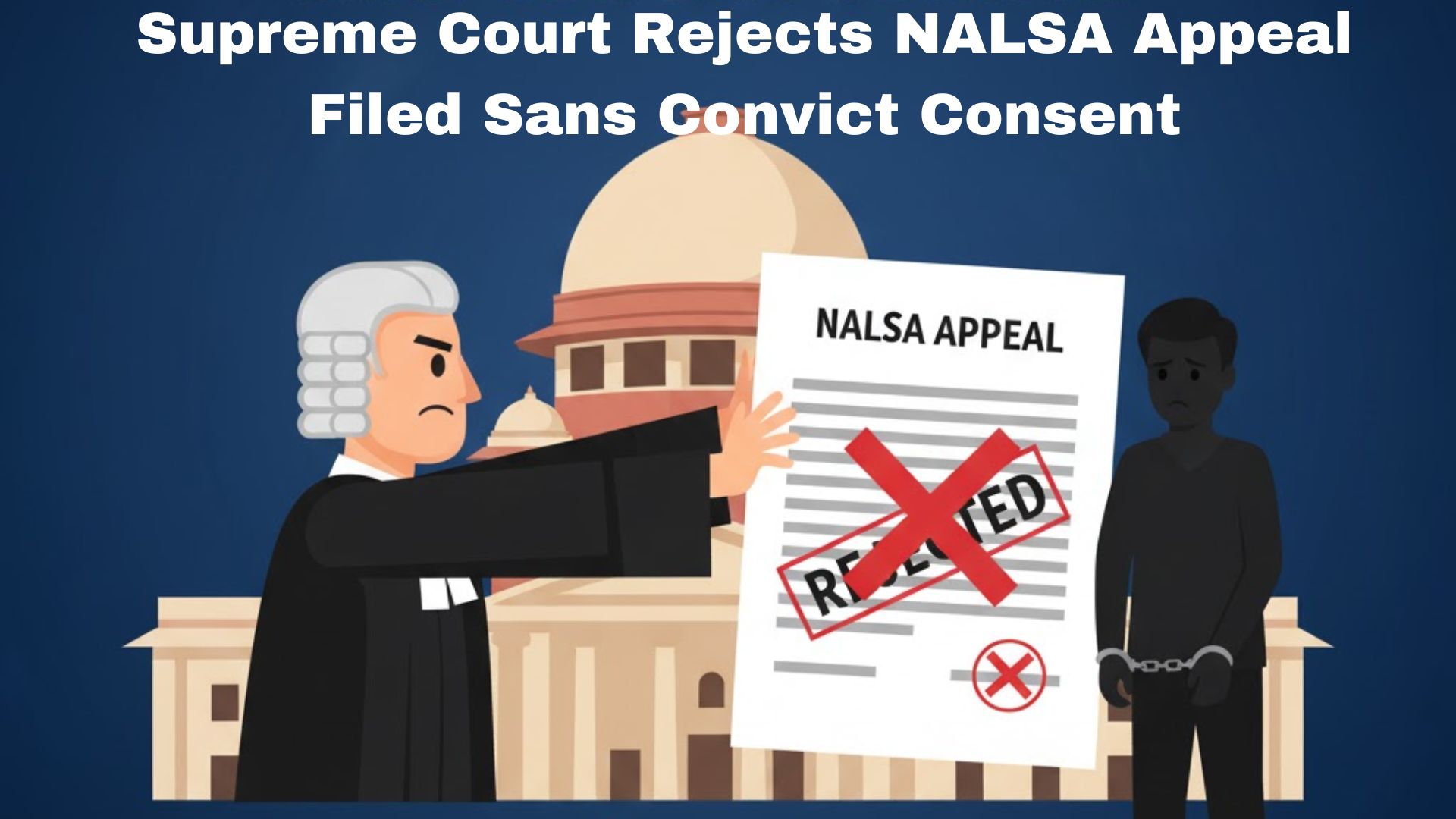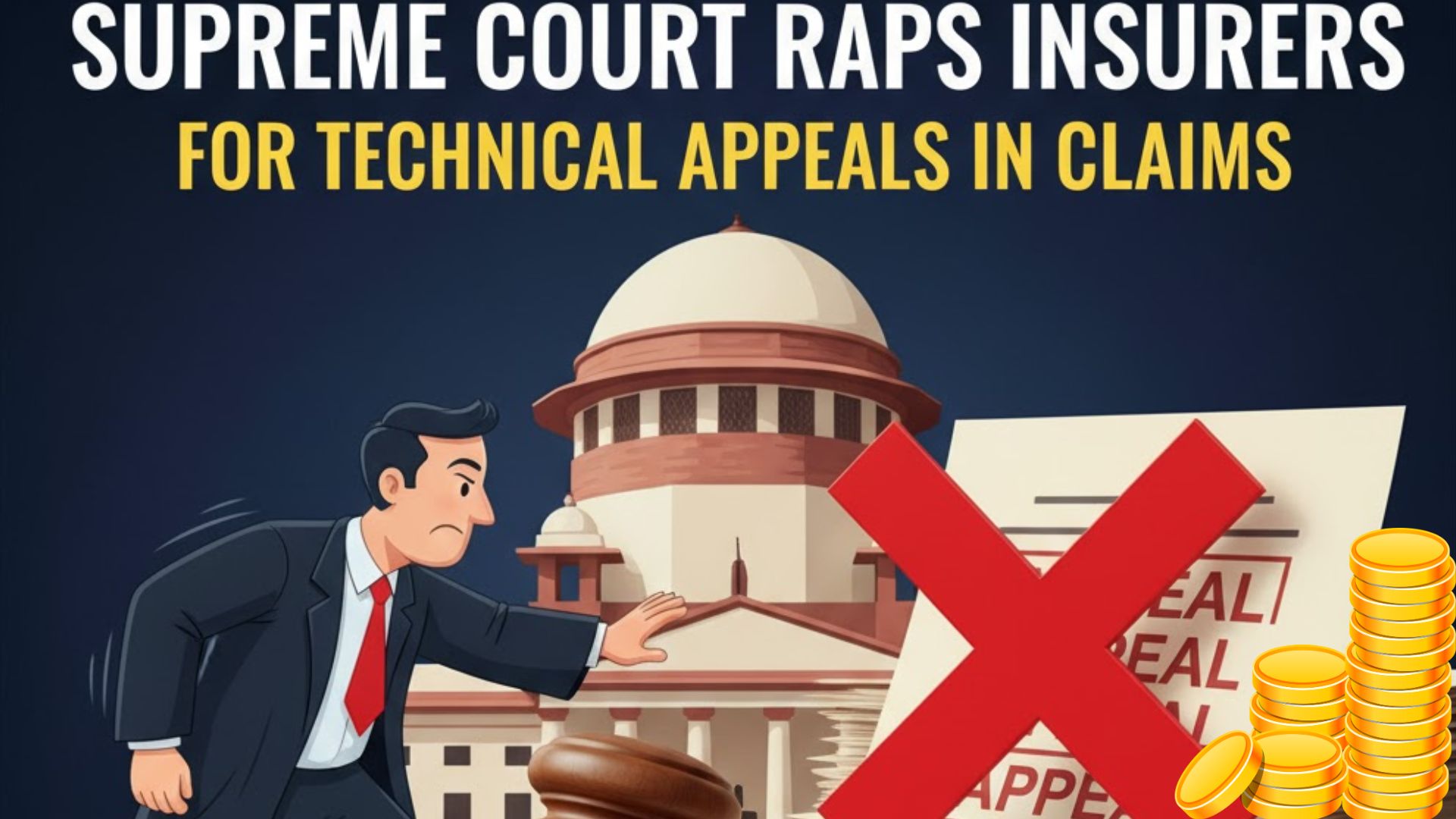Menon, J
1. These are appeals by the Crown prosecutor against the order of the Second Presidency Magistrate, Madras, acquitting the accused of offences
punishable Under Sections 45 and 46, Madras City Police Act (3 of 1888). On information laid before him that a common gaming-house was
being kept on the premises No. 40, Cemetery Road, Royapuram, the Assistant Commissioner of Police, who is a Justice of Peace, for the town of
Madras issued a warrant, Ex. A, on 24th October 1935 to the Sub-Inspector of Police, Royapuram H-2 Station, authorising him to enter the said
premises and to take into custody persons found therein and to seize all instruments of gaming etc., P.W. 1, the Sub-Inspector of Royapuram,
Police Station, referred to in Ex. A accordingly went to the house in question and seized several articles. The accused and others who were found
there were arrested and charges Under Sections 45 and 46, Madras City Police Act were laid against them. The tenant of the house was charged
u/s 45 of the Act in the one case, and the others were charged u/s 46. The learned Presidency Magistrate, holding that as the warrant of arrest, Ex.
A, was not a valid warrant, the presumption mentioned in Section 43 of the Act could not be raised, and that as there was no other evidence that
the house was used as a common gaming house, acquitted the accused; hence the appeal by the Crown. The only question that is argued before
me is that relating to the validity of Ex. A and to the presumption that could be raised u/s 43. Ex. A is on a printed form, the heading of which is
warrant for search of gaming house and arrest of persons found therein."" And it proceeds:
Whereas information has this day been laid before the undersigned Assistant Commissioner of Police and Justice of the Peace for the town of
Madras, that a common gaming house is kept on the premises... etc.
and it is signed by G. Rangaswami, as Assistant Commissioner of Police and Justice of the Peace. There is no dispute about the authority of the
person who signed it to issue a warrant u/s 42 of the Act. What is argued is (1) that it does not purport to be one issued u/s 42 of the Act, and (2)
that it does not state that the Assistant Commissioner who issued it had reason to believe that a common gaming house was kept on the premises in
question, and that therefore it is not a valid warrant on the strength of which the presumption mentioned in Section 43 could be raised. It is true that
it is not specifically stated in the warrant that it was issued u/s 42 of the Act. But there can be no doubt that it was issued only u/s 42, for the
heading of the warrant, as already observed, is that it was for the search of gaming house and arrest of persons found therein, and the form used
clearly shows that it is one meant for the purpose referred to in Section 42. There is therefore no force in this contention. The next objection, as
already observed, is that it does not state, that the Assistant Commissioner ""has reason to believe"" that a common gaming house was kept on the
premises in question. There is nothing in the Act which lays down that it should be stated in the warrant that the Commissioner who issued it has
reason to believe ""that a common gaming house is kept on the premises."" All that Section 42 lays down is:
If the Commissioner has reason to believe that any enclosed place of building is used as a common gaming house he may issue his warrant, etc.
2. This only means that before issuing a warrant for search, the Commissioner must have reason to believe that a common gaming house is kept on
the premises. In this case, it is specifically stated in the warrant that information had that day been laid before the Commissioner that a common
gaming house was kept on the premises. It is clear therefore that the Commissioner acted on the information so laid before him. And P.W. 1 says:
I had information in the beginning of October 1935 that accused 1 was conducting a common gaming house at the said house. I verified the
information personally as well as through informers. I obtained Ex. A, search warrant from the Assistant Commissioner of Police, Northern Range.
3. And there is the evidence of P.W. 4, a cashier in the employ of the owner of the house, that accused 1 has been occupying that house under an
agreement from 17th October 1935. Ex. D is the agreement referred to. It is clear therefore that it was on the information laid by P.W. 1 to the
Assistant Commissioner that the latter issued the warrant. That the omission of the words ""has reason to believe"" in a warrant of this kind does not
at all vitiate the warrant or render it in any way invalid has been laid down by this Court in two decisions, namely, In re Subbier AIR 1935 Mad 98
and In Re: Subramania Aiyar and Others, . The former was a case u/s 42, Madras City Police Act, and Mr. Cornish, J. observed:
Section 42, Madras Police Act, does not require a sworn information as a condition to the issue of a warrant. It is sufficient, therefore, in my
opinion, that the warrant should state, as in the present instance, that the Deputy Commissioner has issued the warrant on information laid before
him. It is not necessary for him to state that he had reason to believe the information.
And in the latter case, which arose u/s 5, Madras Gaming Act (3 of 1930), King, J. observed as follows:
It is argued that in this warrant the Stationary Sub-Magistrate who issued it does not say in the words of Section 5 that he had ""reason to believe
that the place in question was used as a common gaming house. It seems to me, however, that the mere mention of these particular words in the
warrant is by no means conclusive on this matter, and the real question is whether as a matter of fact, the Magistrate had or had not reason to
believe.
4. The learned advocate for the accused, however, relies on the decisions in Emperor Vs. Subramania Sastri and Others, and Gangadas Banerjee
and Others Vs. Emperor, . In the former case, Section 5, Madras Gaming Act (3 of 1930), had to be considered. In that particular case, the
warrant did not purport to have been issued under that section, but was issued u/s 96, Criminal P.C. There was also the additional circumstance
that there was no mention at all in the warrant that the Magistrate who issued it was satisfied that the house to be searched was a common gaming
house, and that the finding was that it was not used as a common gaming house but was used occasionally by people for playing cards, perhaps for
money. In Gangadas Banerjee and Others Vs. Emperor, , the search warrant issued u/s 5, Bengal Public Gaming Act (3 of 1867), did not state
that the premises were used as a common gambling-house but only that the use of the premises was for unauthorized race gambling. And the
learned Judge pointed out the difference between the two, and held that the warrant was not such as a presumption u/s 6 of the Act could be
raised therefrom. The case in Walvekar v. Emperor AIR 1926 Cal 966, has also no bearing, for there the warrant was held to be defective,
because the Commissioner had not complied with all the formalities required by Section 46, Calcutta Police Act, and because the statement in the
warrant was that there was ""cause to suspect"" and not that the Magistrate had ""reason to believe.
5. The decisions relied on by the accused therefore do not help him at all. As the Assistant Commissioner has sufficiently complied with the
requirements of Section 42, when he issued the warrant, Ex. A, I must hold that it is valid. It follows that the presumption mentioned in Section 43
could be raised in this case. As the cases have not been fully tried by the learned Presidency Magistrate but were disposed of on the ground that
Ex. A was invalid, and that no presumption u/s 43 could be raised, the cases have to go back for further enquiry. The appeals are therefore
allowed, the orders of acquittal set aside, and the cases sent back to the lower Court for trial and disposal.

